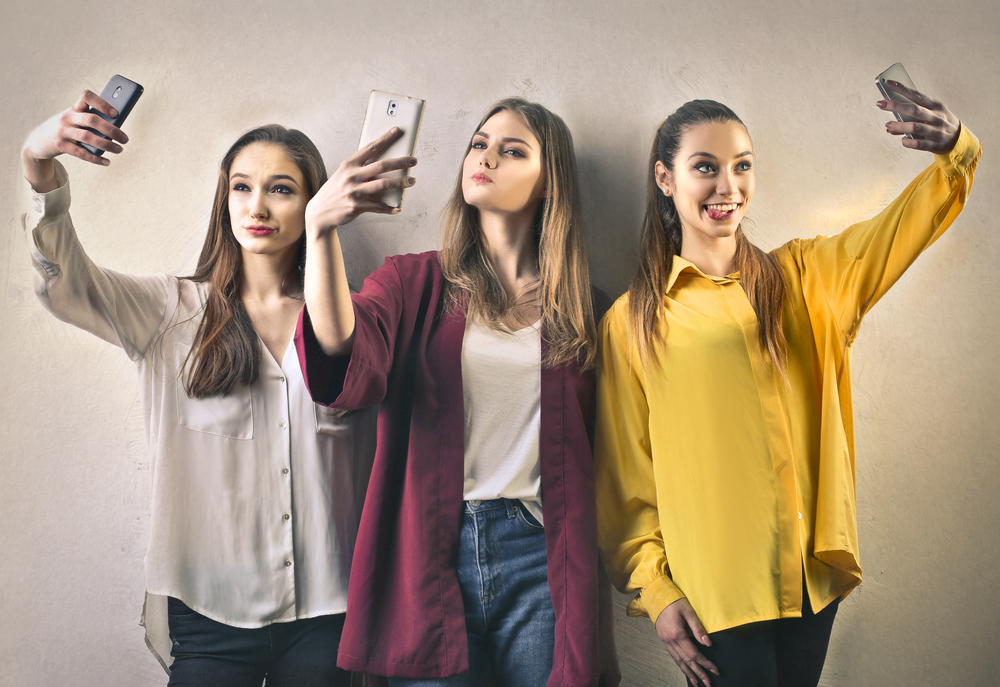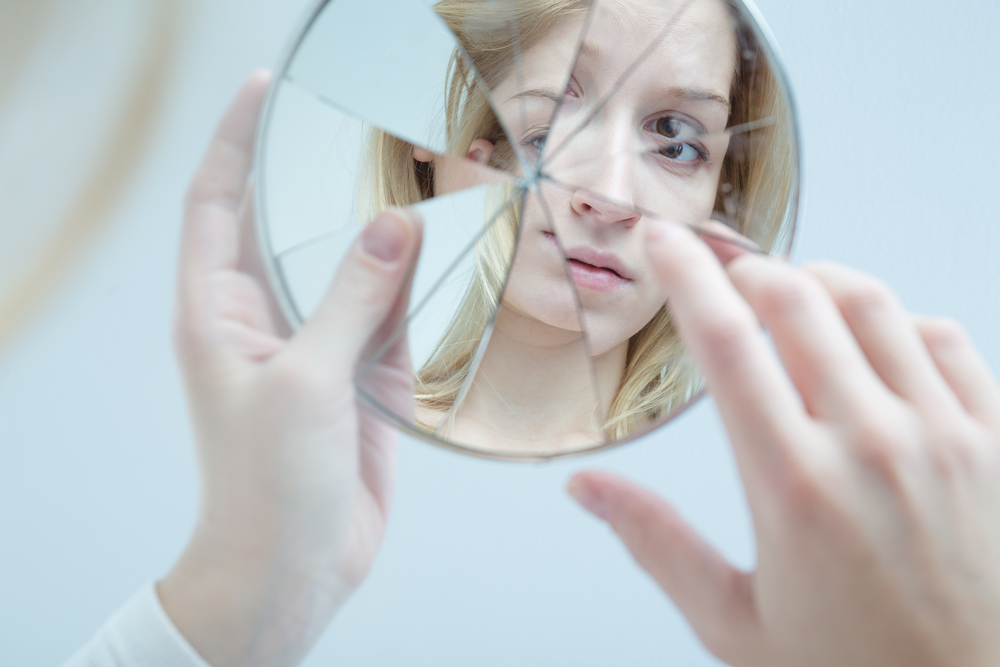
All of us have one or two friends we’ve seriously considered holding a
selfie intervention for. And thanks to some new information, we’ve now
got a few genuine reasons to be concerned. You see,
psychologists have linked compulsive selfie-taking to a number of mental health and personality issues.
‘Oh, but surely that only applies to people who take an
insane amount of selfies,’ you might be thinking. Actually, no.
According to the American Psychiatric Association, even just three selfies daily is cause for concern.
Let’s take a look at a few of the issues experts say are at play in compulsive selfie taking.
Narcissism
 Research has shown
Research has shown
that individuals with higher narcissistic personality traits tend to
post more selfies on social media. Editing a selfie before posting it is
a sign of even greater narcissism.
Narcissistic individuals need admiration
to function. Posting a selfie allows them to get this admiration by way
of likes and comments. This sort of admiration is incredibly misleading
due to
the disingenuous nature of social media. That doesn’t stop it from going to a narcissist’s head, of course.
Body Dysmorphic Disorder
“Two out of three of all the patients who come to see me with body
dysmorphic disorder since the rise of camera phones have a compulsion to
repeatedly take and post selfies on social media sites,”
says psychiatrist Dr. David Veale.
“The only thing I cared about was having my phone with me
so I could satisfy the urge to capture a picture of myself at any time
of the day.”
In body dysmorphic disorder patients, compulsive selfie-taking often accompanies
an eating disorder.
Low Self-Esteem
 According to mental health expert Tina Sadri
According to mental health expert Tina Sadri,
behavior such as frequent selfie posting “may be little more than a
self-presentational strategy to compensate for very low and fragile
self-esteem.”
While selfies may seem to boost one’s self-esteem, they actually do so in a negative way.
“Teenagers are often driven by insecurity to construct a desirable
persona, they are particularly vulnerable to the negative side of
self-portraiture,”
says psychologist Lucie Hemmen. “If a young girl poses provocatively and gets 300 likes for that photo, that’s false self-esteem for that kid.”
 According to mental health expert Tina Sadri,
behavior such as frequent selfie posting “may be little more than a
self-presentational strategy to compensate for very low and fragile
self-esteem.”
According to mental health expert Tina Sadri,
behavior such as frequent selfie posting “may be little more than a
self-presentational strategy to compensate for very low and fragile
self-esteem.”

No comments :
Post a Comment